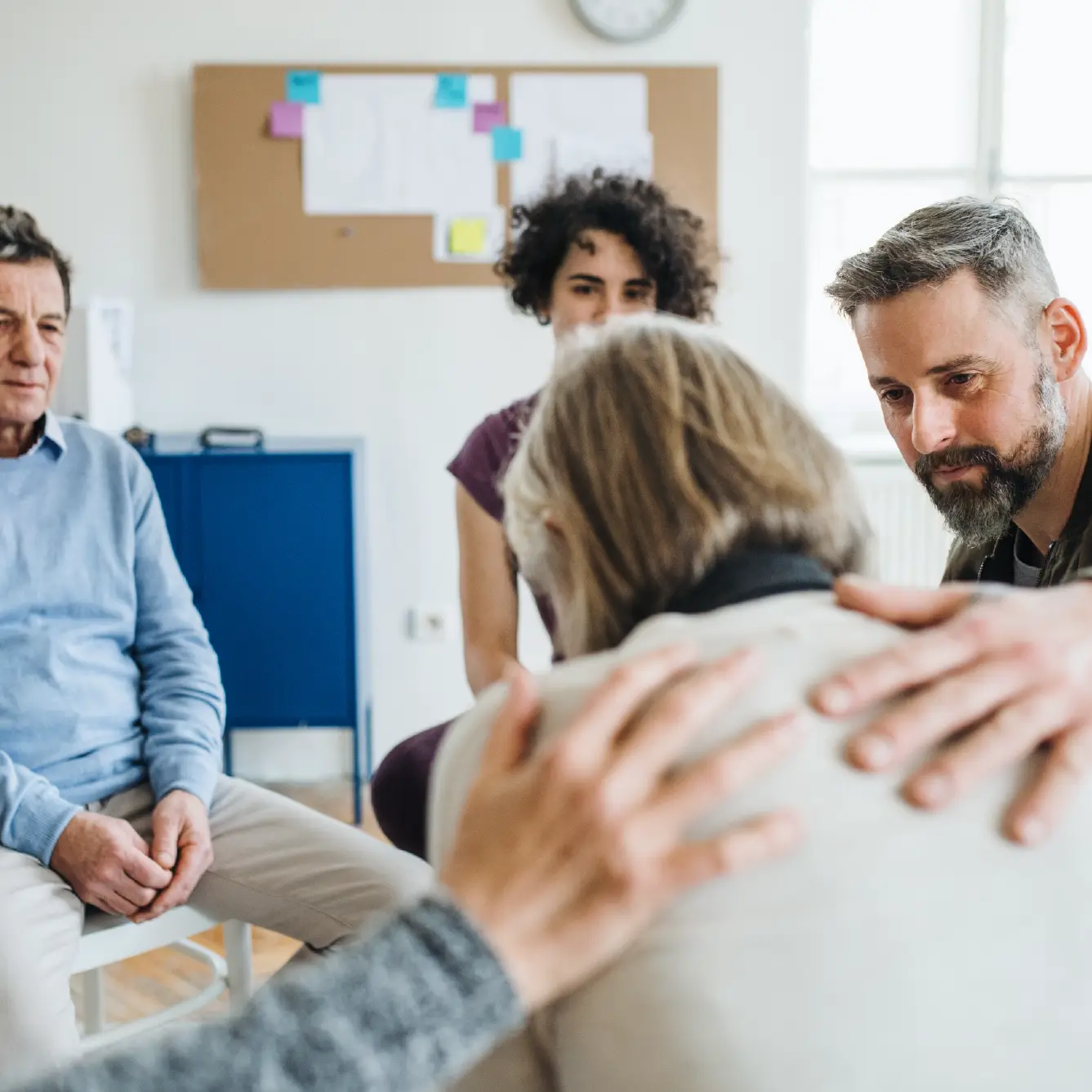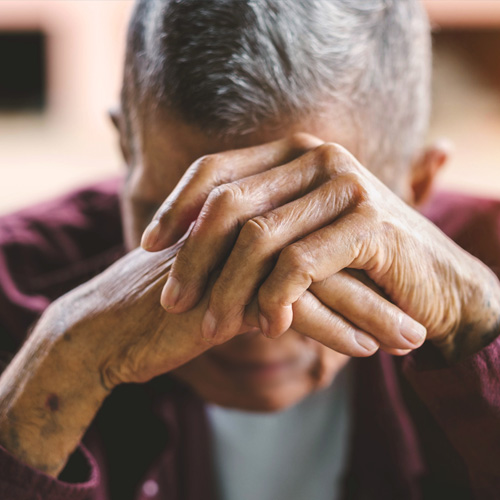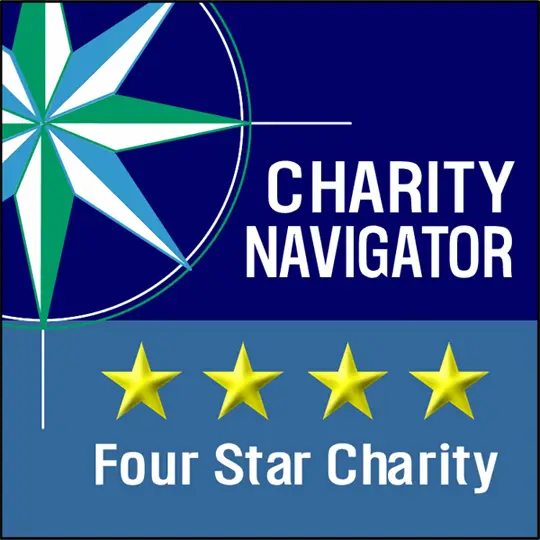Community Resources
A Collection of Long Term Care Resources for Families and Residents
Choosing a Nursing Home in Ventura County
When the time comes to choose a nursing home, it is important to visit the home and record your impressions and observations. The Ventura Ombudsman Program offers a checklist to help you do this. Make numerous visits to the nursing homes or assisted care facilities you are considering at different days and times and record your impressions after each visit.
When visiting, rely on all your senses to help you assess the care and quality of life of the resident. Be particularly observant of smells that may indicate hygiene issues.
On your initial visit, request the admission’s packet and review its contents. Does it have information on policies, procedures, and residents’ rights? Is it easy to understand? Talk with the residents and their families and staff. Contact the Ventura County Ombudsman office for additional information and before making a final decision on nursing homes. Each facility must post information regarding how to contact the Ombudsman. You may also ask for an Ombudsman brochure which is available at most facilities.
Before choosing a facility, it is important to know the differences between Skilled Nursing Facility (SNF) Residential Care Facility for the Elderly (RCFE). We have provided an information resource called “Know the Difference” to help you learn more
Each week, the Ombudsman Program publishes a complete list of skilled nursing facilities and Residential Care Facilities for the Elderly in Ventura County


Resident’s Rights
When individuals enter a nursing home or assisted living home, they keep all their rights as citizens, plus gain special “Residents’ Rights” under federal and state law. Facilities must post a copy of these rights in an area easily accessible to the residents and must provide a copy to each resident upon admission.
Resident Rights in Skilled Nursing Facilities
Resident Rights in Residential Care Facilities for the Elderly (RCFE)

Dementia Grief Support Groups
Caring for a loved one with dementia comes with unique challenges, including grieving their gradual loss even while they’re physically present—what we call Dementia Grief. Our support groups offer a safe, confidential space to share your experiences, find understanding, and connect with others navigating similar journeys.
Frequently Asked Questions (FAQs)

Important Contacts
Long Term Care Services of Ventura County, Inc.
The Ventura County Ombudsman provides Ventura County seniors a variety of services that pertain to such issues as residents’ rights, “quality of care,” and finances. In addition, the Ventura County Ombudsman conducts investigations into nursing home abuse complaints filed.
2021 Sperry Avenue – Suite 35
Ventura CA 93003
Tel: 805-656-1986
Fax: 805-658-8540
California Department of Public Health – Licensing & Certification – Ventura District Office
The Licensing and Certification (L&C) Program is responsible for regulatory oversight of licensed health care facilities and health care professionals to assess the safety, effectiveness, and quality of health care for all Californians. The L&C Program is comprised of three branches: Centralized Applications Branch, Field Operations Branch, and Professional Certification Branch.
1889 North Rice Avenue, Suite 200
Oxnard, CA 93036
Tel: 805-604-2926
Fax: 805-604-2997
California Department of Public Health – Licensing & Certification
The Licensing and Certification (L&C) Program is responsible for regulatory oversight of licensed health care facilities and health care professionals to assess the safety, effectiveness, and quality of health care for all Californians. The L&C Program is comprised of three branches: Centralized Applications Branch, Field Operations Branch, and Professional Certification Branch.
PO Box 997377
MS 0500
Sacramento, CA 95899-7377
(916) 558-1784
California Department of Aging
The CDA provides services to Ventura County seniors and their families, including counseling victims of abuse and neglect. This site provides information on nursing home abuse and neglect.
2880 Gateway Oaks Drive
Suite 200
Sacramento, CA 95833
Phone: (916) 419-7500
California Advocates for Nursing Home Reform
The CANHR site provides information on Ventura County nursing homes and other California long-term care facilities that include citation, complaint, and financial data.
650 Harrison Street — 2nd Floor
San Francisco, CA 94107
Tel: (415) 974-5171
Administration for Community Living
ACL advocates across the federal government for older adults, people with disabilities, and families and caregivers; funds services and supports provided primarily by states and networks of community-based programs; and invests in training, education, research, and innovation.
330 C St SW
Washington, DC 20201
(202) 401-4634
Families for Better Care
Families for Better Care, Inc. is a non-profit citizen advocacy group dedicated to creating public awareness of the conditions in our nation’s nursing homes and other long-term care settings and developing effective solutions for improving quality of life and care.
9600 Escarpment Blvd.
Ste. 745-211
Austin, TX 78749
(850) 491-0066
The National Consumer Voice for Quality Long-Term Care
The Consumer Voice is a leading national voice representing consumers in issues related to long-term care, helping to ensure that consumers are empowered to advocate for themselves. We are a primary source of information and tools for consumers, families, caregivers, advocates, and ombudsmen to help ensure quality care for the individual.
1025 Connecticut Avenue, NW
Suite 1000
Washington, DC 20036
(202) 332-2275
The National Long-Term Care Ombudsman Resource Center
The National Long-Term Care Ombudsman Resource Center provides support, technical assistance and training to the 53 State Long-Term Care Ombudsman Programs and their statewide networks
1025 Connecticut Avenue, NW
Suite 1000
Washington, DC 20036
(202) 332-2275



